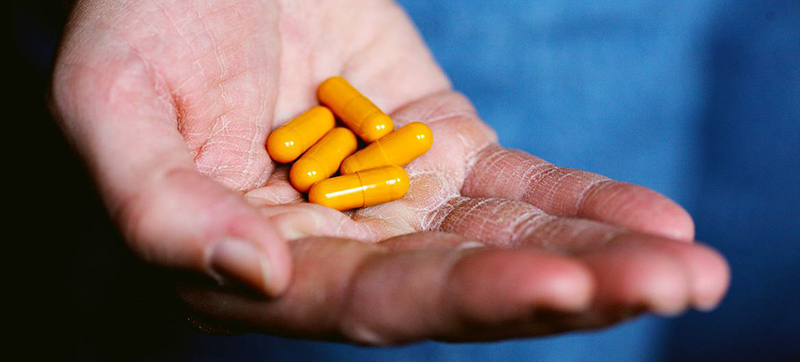 Diabetes
Diabetes
UN health agency issues alert on falsified medicines used for diabetes treatment, weight loss
The World Health Organization (WHO) on Thursday issued a medical product alert on the release of three batches of falsified semaglutides – the type of medicines primarily used to treat type 2 diabetes and obesity in some countries.
The spurious semaglutides – of a specific brand Ozempic – were found in Brazil, the United Kingdom in October 2023, and the United States in December 2023, and were delivered through a regular supply chain.
The WHO’s official notice follows reports of “falsified semaglutide products” across all geographical regions from its Global Surveillance and Monitoring System (GSMS) since 2022.
Dr. Yukiko Nakatani, WHO Assistant Director-General for Essential Medicines and Health Products called on all stakeholders to “stop any usage of suspicious medicines and report to relevant authorities.”
Risks
Ozempic’s actual manufacturer confirmed with WHO that the semaglutides were falsified based on batch and serial numbers.
Semaglutides are supposed to help people reduce their blood sugar and appetite levels and the risk of cardiovascular disease. WHO says reports of falsified products increased as demand for the product grew greater.
Consuming falsified or fake products can have harmful and life-threatening effects on one’s body.
Semaglutides are not recommended by WHO for diabetes treatment due to the product’s expensive cost.
Avoid fake products
Dr. Nakatani said the UN health agency advised healthcare professionals, regulatory authorities and the public to “be aware of these falsified batches of medicines.”
It added that healthcare professionals “should report any incident of adverse effects, lack of effectiveness and suspected falsification to the National Regulatory Authorities/National Pharmacovigilance Centre.”
WHO also advised individuals who may have fake products not to use them and to seek medical assistance if they have used them and experienced side effects.
Avoid unfamiliar sources
To avoid any such scenario, WHO urged people to purchase prescribed products from licensed physicians rather than online or from unfamiliar sources.
WHO added that people should use the products as prescribed and should check for lot and serial numbers, examine the product itself and assess the label quality to ensure the product being used isn’t falsified.
Support Our Journalism
We cannot do without you.. your contribution supports unbiased journalism
IBNS is not driven by any ism- not wokeism, not racism, not skewed secularism, not hyper right-wing or left liberal ideals, nor by any hardline religious beliefs or hyper nationalism. We want to serve you good old objective news, as they are. We do not judge or preach. We let people decide for themselves. We only try to present factual and well-sourced news.






